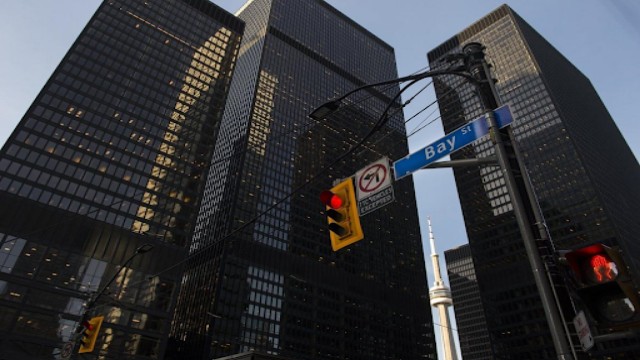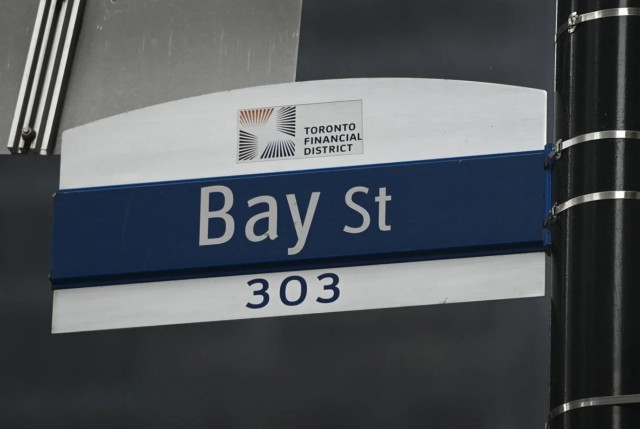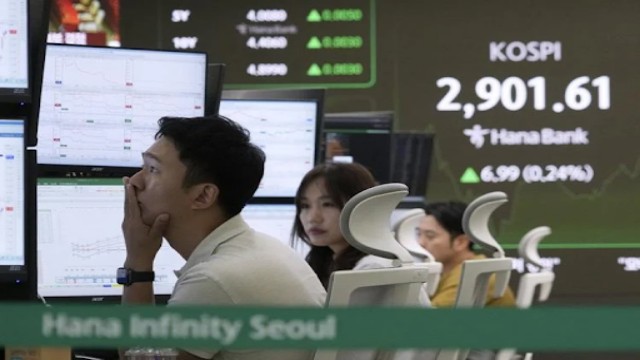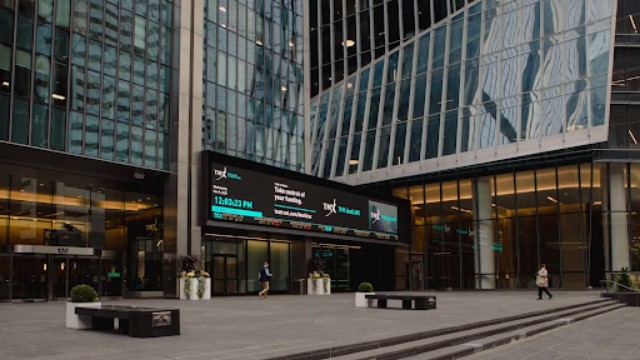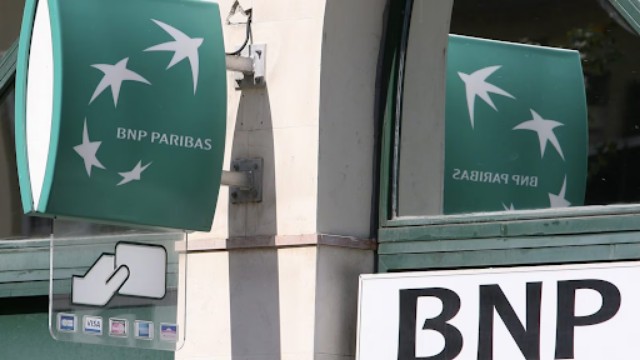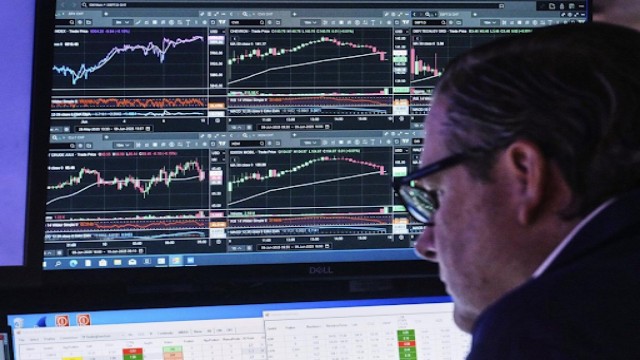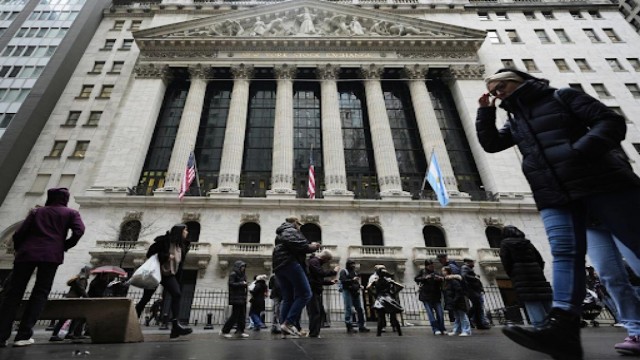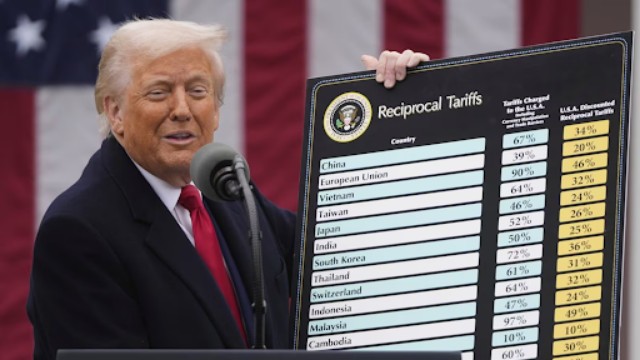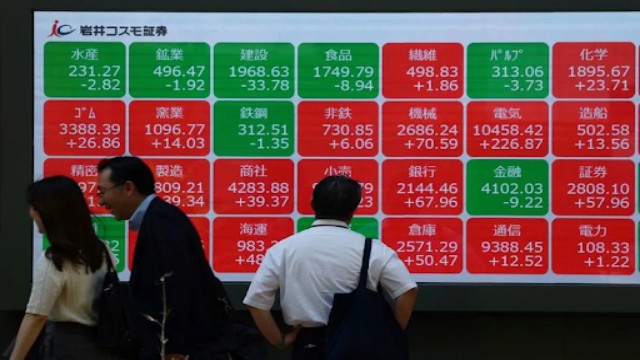
Trader Steven Gohl is seen at work on the floor of the New York Stock Exchange on Tuesday, June 10, 2025. (AP Photo/Richard Drew)
Oil prices surged and U.S. stocks took a sharp hit Friday, as growing fears of a wider conflict in the Middle East shook global markets. The spike in tension followed reports that Israel launched attacks on Iranian military and nuclear targets. Investors rushed to safe assets, while worries over global oil supply rattled Wall Street.
The S&P 500 slipped 1.1%, erasing what had been a slight weekly gain. The Dow Jones Industrial Average fell 769 points (1.8%), and the Nasdaq lost 1.3%.
But the most dramatic movement came from the oil market. U.S. crude jumped 7.3% to settle at $72.98 a barrel, while Brent crude—the international benchmark—climbed 7% to $74.23. The jump was fueled by fears that a broader war might limit oil supply from Iran, one of the world's major oil producers.
Though Western sanctions have already slowed Iran’s oil exports, a wider conflict could restrict flows further—especially if the Strait of Hormuz, a key oil shipping route off Iran’s coast, becomes involved. That narrow waterway handles a significant share of the world's crude shipments. Any disruption there could ripple across global fuel prices.
Historically, tensions between Israel and Iran have sparked brief surges in oil prices, which later cooled once it became clear that global supply wasn’t significantly disrupted. However, this time investors are bracing for potential escalation, especially after Iran fired ballistic missiles toward Israel in retaliation.
Despite oil’s jump, it still remains lower than peak prices earlier in the year. But the uncertainty itself was enough to rattle sentiment. Brian Jacobsen, chief economist at Annex Wealth Management, noted, “This is a shock nobody wants, even if it’s more emotional than economic at this point.”
The oil rally boosted shares of energy giants like Exxon Mobil (+2.2%) and ConocoPhillips (+2.4%), both poised to benefit from pricier crude. Defense contractors such as Lockheed Martin, Northrop Grumman, and RTX also gained more than 3%, reflecting expectations of increased geopolitical spending.
Meanwhile, industries dependent on consumer travel and fuel were hit hardest. Carnival dropped 4.9%, United Airlines slid 4.4%, and Norwegian Cruise Line fell 5%. Rising oil prices could mean higher fuel costs and cautious consumers—both of which pressure profits.
Investors also sought refuge in gold, which rose 1.4%, and U.S. Treasury bonds, though those didn't behave as expected. Bond prices slipped, pushing the 10-year Treasury yield up to 4.41% from 4.36%. Analysts said investors fear that oil-driven inflation might force the Federal Reserve to keep interest rates high.
A consumer sentiment report from the University of Michigan offered a rare bright spot. Optimism improved slightly after President Trump delayed several planned tariffs, and inflation expectations cooled modestly.
Still, other headlines added to the day's pressure. Adobe dropped 5.3% despite beating profit estimates, as investors expected stronger future forecasts. Brazilian meat giant JBS debuted on the New York Stock Exchange but fell 3.9%, overshadowed by environmental and ethical criticisms.
By day’s end, the S&P 500 closed at 5,976.97, the Dow at 42,197.79, and the Nasdaq at 19,406.83. Global markets followed suit: France’s CAC 40 fell 1%, and Germany’s DAX lost 1.1%.


